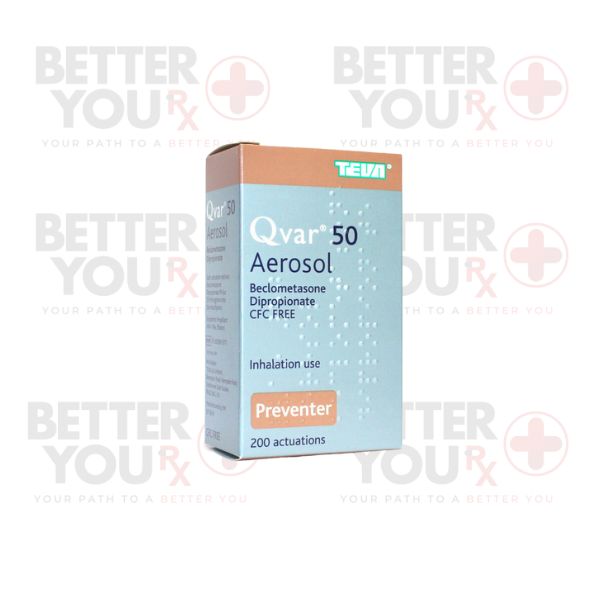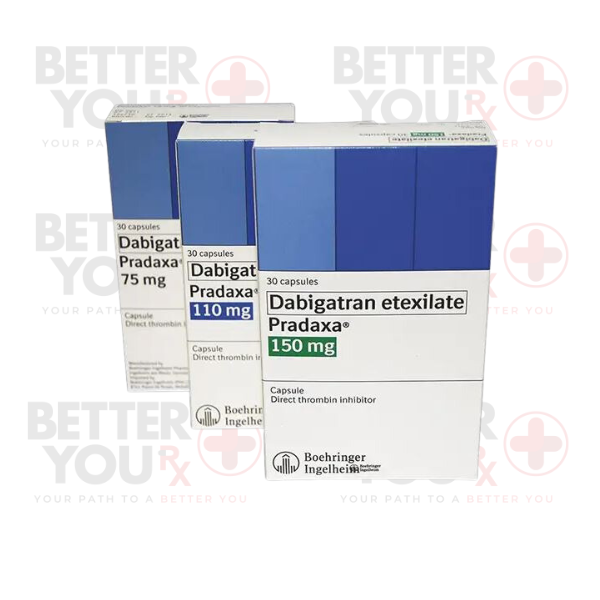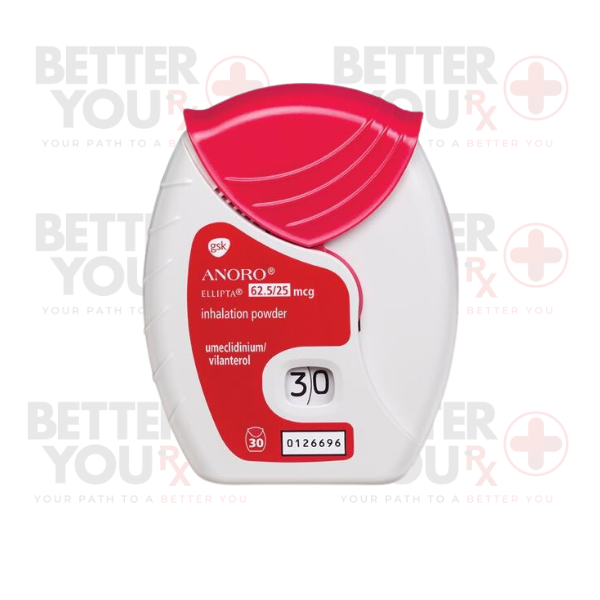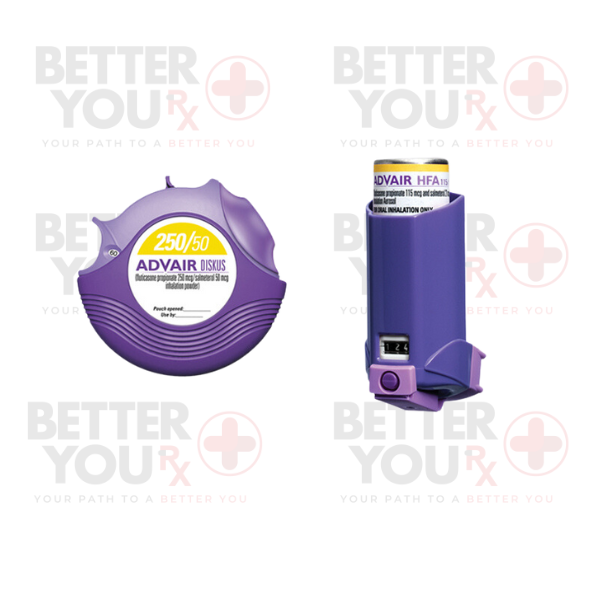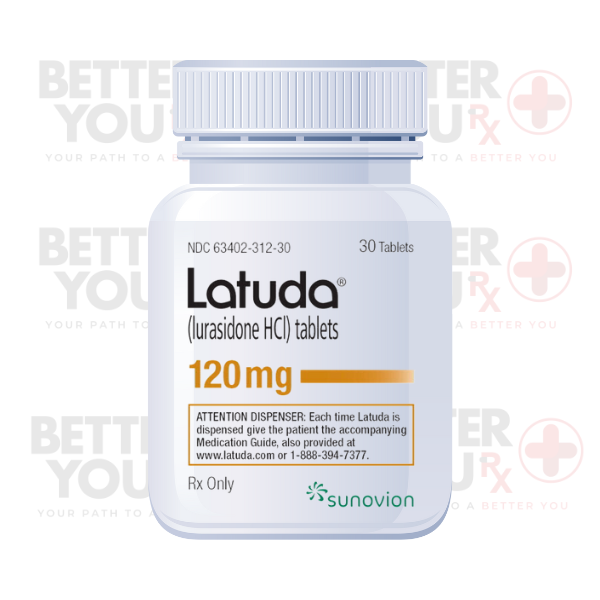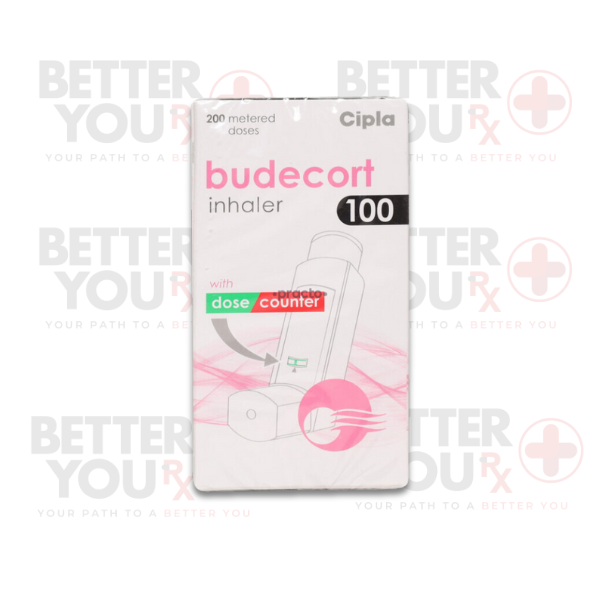| Usage |
Usage
Beclomethasone is available as an inhalation aerosol, administered orally using an inhaler. Typically, it is inhaled twice a day. Adhere closely to the instructions on your prescription label, and seek guidance from your doctor or pharmacist for any unclear details. Use beclomethasone precisely as prescribed—avoid under- or overuse.
Discuss with your doctor the proper usage of your other oral and inhaled asthma medications while on beclomethasone treatment. If you were previously taking an oral steroid like dexamethasone, methylprednisolone (Medrol), or prednisone (Rayos), your doctor may gradually reduce your steroid dose once you commence beclomethasone.
Beclomethasone effectively manages asthma symptoms but does not provide a cure. Some improvement may be noticeable as soon as 24 hours after use, but full effects may take 1 to 4 weeks of regular use to become evident. Continue using beclomethasone even if you feel well, and do not discontinue it without consulting your doctor.
If there is no improvement or if your or your child's symptoms worsen within the initial 4 weeks, contact your doctor. Beclomethasone helps prevent asthma attacks but will not halt an ongoing attack. Your doctor will prescribe a short-acting inhaler for use during asthma attacks.
Avoid using your beclomethasone inhaler near open flames or heat sources, as exposure to high temperatures may cause the inhaler to explode. Each inhaler is designed for a specific number of inhalations, indicated on its label. Once you've reached the stated number of inhalations, even if some liquid remains and it still dispenses spray when pressed, dispose of the inhaler.
Before your first use of the beclomethasone inhaler, read the provided instructions carefully, including the diagrams depicting its components. Ask your doctor, pharmacist, or respiratory therapist for a demonstration to ensure proper usage.
To utilize the aerosol inhaler, follow these steps:
1. Remove the protective cap.
2. If using the inhaler for the first time or after a 10-day or longer gap, prime it by releasing 2 test sprays into the air, away from your face (avoid contact with eyes or face).
3. Exhale fully through your mouth.
4. Hold the inhaler upright (mouthpiece up) or horizontally, placing the mouthpiece well into your mouth. Slightly tilt your head back, close your lips tightly around the mouthpiece, keep your tongue below it, and inhale slowly and deeply.
5. Inhale slowly and deeply through the mouthpiece while simultaneously pressing down once on the container to release the medication into your mouth.
6. After a full inhalation, remove the inhaler from your mouth and close your mouth.
7. Attempt to hold your breath for about 5 to 10 seconds, then exhale gently.
8. If your doctor has advised multiple puffs per treatment, repeat steps 3 to 7.
9. Replace the protective cap.
10. After each treatment, rinse your mouth with water and spit—do not swallow the water.
11. Keep the inhaler clean and dry, with the cover securely in place at all times. Use a clean, dry tissue or cloth to clean the inhaler—do not immerse any part of it in water.
|
| Side Effects |
Side Effects
Beclomethasone inhalation may lead to side effects. If any of the following symptoms persist or become bothersome, inform your doctor:
• Headache
• Sore throat
• Runny or stuffy nose
• Back pain
• Nausea
• Cough
• Difficulty or discomfort while speaking
Certain side effects require prompt attention. If you encounter any of the subsequent symptoms or those listed in the SPECIAL PRECAUTIONS section, contact your doctor immediately or seek emergency medical assistance:
• Rash
• Hives
• Itching
• Enlargement of the facial, throat, tongue, lip, eye, hand, foot, ankle, or lower leg areas
• Hoarseness
• Breathing difficulties or swallowing problems
• Changes in vision
Beclomethasone inhalation may potentially affect the growth rate in children. While there is insufficient data to determine whether it impacts the final height children reach once they stop growing, your child's growth will be closely monitored by their doctor during beclomethasone use. Discuss with your child's doctor the risks associated with administering this medication to your child.
In rare instances, long-term use of beclomethasone has been linked to the development of glaucoma or cataracts. Consult your doctor regarding the potential risks of beclomethasone use and the recommended frequency of eye examinations during your treatment.
Beclomethasone inhalation may cause other side effects. Contact your doctor if you encounter any unusual issues while using this medication.
|
| Storage |
Storage
Store this medication in its original container, securely sealed, and away from children. Keep the inhaler in an upright position with the plastic mouthpiece facing up, at room temperature, and shielded from excessive heat and moisture (avoid storing it in the bathroom). Do not pierce the aerosol container, and refrain from discarding it in an incinerator or open flame.
To ensure the safe disposal of unneeded medications, and prevent access by pets, children, and others, please refrain from flushing this medication down the toilet. Instead, consider participating in a medicine take-back program. Consult your pharmacist or contact your local garbage/recycling department to inquire about such programs in your community. It is vital to maintain medication out of reach and sight of children, as many containers, such as those for weekly pill organizers, eye drops, creams, patches, and inhalers, are not child-resistant and can be easily opened by young children. Protect against accidental poisoning by always securing safety caps and placing medications in a secure location, high and out of their reach.
|
| Special Precautions |
Special Precautions
Before commencing beclomethasone inhalation:
• Inform your doctor and pharmacist about any allergies to beclomethasone, other medications, or any components within beclomethasone inhalation. Inquire with your pharmacist to provide you with a list of the ingredients.
• Share with your doctor and pharmacist all current and recent prescription and over-the-counter medications, vitamins, supplements, and herbal products. Your doctor may need to adjust medication doses or closely monitor you for side effects. Mention all medications you are taking, including those not on this list, as many can interact with beclomethasone inhalation.
• Refrain from using beclomethasone during an asthma attack. Your doctor will provide a short-acting inhaler for use during such attacks. If an asthma attack persists despite using the fast-acting medication or if you require more of it than usual, contact your doctor.
• Notify your doctor if you have a history of tuberculosis (TB), cataracts, glaucoma, or elevated eye pressure. Also, disclose any untreated infections anywhere in your body or a herpes eye infection, characterized by eye or eyelid sores.
• If you are pregnant, planning pregnancy, or breastfeeding, inform your doctor promptly if you become pregnant while using beclomethasone.
• For individuals with other medical conditions like asthma, arthritis, or eczema, there may be worsening of symptoms when reducing oral steroid doses. Report any symptoms like extreme fatigue, muscle weakness or pain, sudden abdominal, lower body, or leg pain, appetite loss, weight loss, stomach upset, vomiting, diarrhea, dizziness, fainting, depression, irritability, or darkening of the skin during this period. Your body may have reduced stress tolerance, impacting how it responds to surgery, illness, severe asthma attacks, or injuries. If you become ill, ensure that all healthcare providers are aware that you've switched to beclomethasone inhalation. Carry a medical identification card or wear a bracelet to alert emergency responders to the potential need for steroids in an emergency.
• If you've never had chickenpox or measles and haven't been vaccinated against these infections, avoid contact with sick individuals, particularly those with chickenpox or measles. If exposed or if symptoms of these infections develop, promptly contact your doctor for potential protective treatment.
• Be aware that sometimes, beclomethasone inhalation can cause immediate wheezing and breathing difficulties after inhalation. In such cases, use your fast-acting (rescue) asthma medication immediately and consult your doctor before using beclomethasone inhalation again.
|

